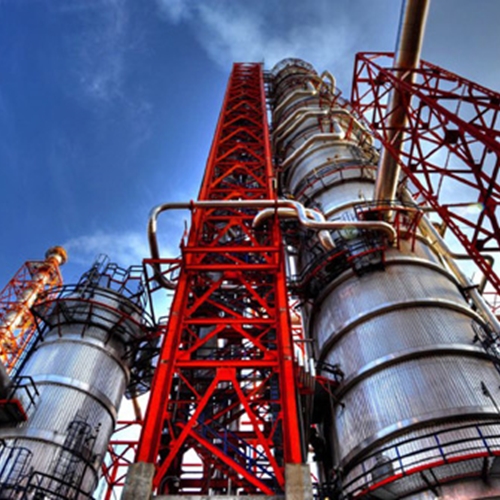
A St. Paul oil refinery resumed production Tuesday morning following repairs from a fire in Sept. whose cause is still under investigation, according to the Star Tribune.
Northern Tier Energy, a crude oil refinery that sits in St. Paul Park, a suburb of St. Paul, issued a statement to Reuters after the incident stating the fire was believed to have started in one of the park's large distillation facilities. The flames then spread to a "small part of the refinery", where most of the damage occurred, cited Mike Kramer, St. Paul park assistant fire chief.
No workers or residents were injured in the accident and fire fighters enacted fire suppression techniques to put out the fire within three hours.
Repairs and damages
In addition to previously scheduled maintenance work, the fire's original assessment of damage was set at $10 million. However, as of Tuesday, the final expenditure was reported to have ultimately cost less than $3 million, a dismal amount as compared to the initial projection.
In another statement from the company issued Tuesday, Northern Tier said they have reopened both towers to continue full production of petroleum. The company has a normal operating output of 85,000-90,000 barrels per day in the facility, "consistent with…constraints related to the planned Fluid Catalytic Cracker (FCC) turnaround currently being performed." During repairs from the time of the fire in mid-Sept. until Tuesday, the refinery had been operating at a rate of about 40,000 barrels per day.
Northern Tier already had planned restoration work in one of the refinery's smaller distillation units on the fluid catalytic cracker unit, a system integral to the process of converting petroleum-based crude oils into more commercial products such as gasoline.
FCC safety considerations and dangers
According to the Occupational Safety and Health Administration, there are several health and safety risks that accompany regular operations in an FCC or other crude oil distillation unit. Likewise, additional damage and risks can occur in the event of a fire, explosion or gas leak.
OSHA suggests there are dangers associated with all steps of the pre and post-distillation process including but not limited to: fire due to vapor or gas leaks, corrosion due to the presence of toxic gases such as hydrogen sulfide and overpressure from temperature or liquid levels. Because of these, OSHA suggests all preventative safety measures to alert workers of the presence of hazardous elements.
Industrial Safety News brought to you by Safety Systems Technology, Inc., leaders in fire and gas detection.